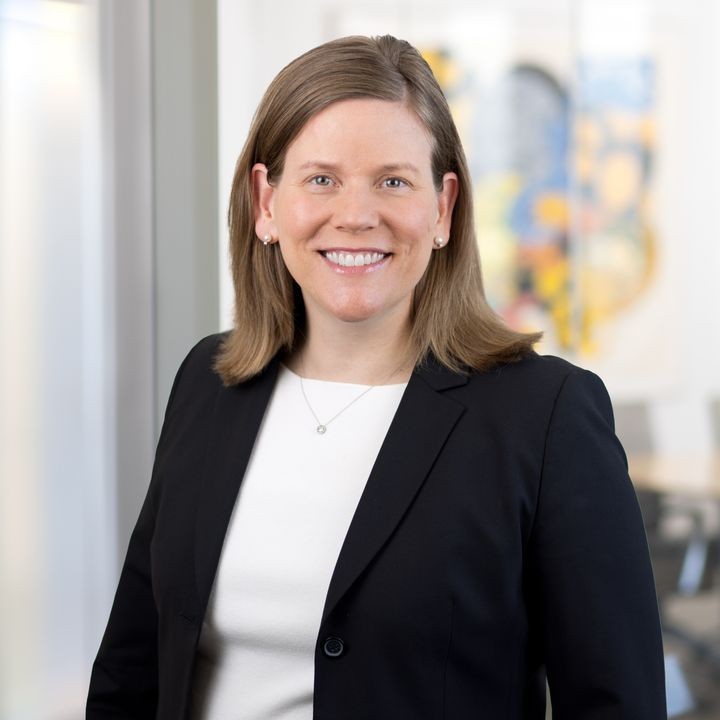California Department of Justice Announces Public Forums on California Consumer Privacy Act (CCPA) as Part of Rulemaking Process
Client Alert | 2 min read | 01.04.19
The California Department of Justice (DOJ) announces statewide forums to collect feedback as it develops regulations to implement the California Consumer Privacy Act of 2018 (CCPA).
The CCPA, signed into law on June 28, 2018, grants consumers new rights with respect to the collection and use of their personal information. Several important areas of the CCPA remain up to the rulemaking discretion of the California DOJ, and those regulations must be adopted by July 1, 2020. The final regulations will aim to establish procedures to facilitate how consumers exercise rights under the CCPA and to provide guidance to businesses for how to comply.
The California DOJ advised recently that it will hold six statewide forums in January and February 2019 to collect feedback from stakeholders early in the rulemaking process for the CCPA. These six statewide forums provide an opportunity for stakeholders, including businesses that may be covered by CCPA, to provide valuable insight and recommendations concerning the implementation of the CCPA.
Several important areas of the CCPA remain up to the rulemaking discretion of the California DOJ. The two most critical are arguably the standards for a “verifiable consumer request” and for “reasonable security measures.” Covered entities’ obligations to data subjects are triggered only by “verifiable consumer requests,” and companies will need to ensure that they only disclose consumer information to legitimate requestors. The CCPA creates a private civil cause of action against companies who allow consumers’ information to be compromised by a failure to implement “reasonable security measures,” but does not further define that obligation.
The California DOJ has invited all interested persons and parties to submit comments regarding the CCPA regulations at any of the six statewide forums, via mail or email. The schedule for the CCPA rulemaking workshops is set forth below.
Businesses that anticipate being covered by the CCPA may want to proactively engage with the California DOJ as it develops these important regulations.
CCPA Rulemaking Workshops
| January 8, 2019 | 10 AM - 1 PM Milton Marks Conference Center 455 Golden Gate Avenue San Francisco, CA 94102 | January 25, 2019 | 10 AM - 1 PM Ronald Reagan Building 300 S. Spring Street Los Angeles, CA 90013 |
January 14, 2019 | 10 AM - 1 PM California State University, San Marcos 333 S. Twin Oaks Valley Road San Marcos, CA 92096 | February 5, 2019 | 10 AM - 1 PM California State Building 1500 Capitol Avenue Sacramento, CA 95814 |
January 24, 2019 | 10 AM - 1 PM Cesar Chavez Community Center 2060 University Avenue Riverside, CA 92507 | February 13, 2019 | 10 AM - 1 PM California State Building 2550 Mariposa Mall, Room 1036 Fresno, CA 93721 |
New Addition
The California Department of Justice recently announced an additional new public forum to be held at Stanford Law School on March 5, 2019.
| March 5, 2019 | 12:45 PM Stanford Law School 559 Nathan Abbott Way, Room 290 Stanford, CA 94305 |
Contacts

Partner, Crowell Global Advisors Senior Director
- Washington, D.C.
- D | +1.202.624.2698
- Washington, D.C. (CGA)
- D | +1 202.624.2500
Insights
Client Alert | 3 min read | 03.02.26
Clinical trial sponsors and all other stakeholders involved in conducting commercial clinical trials of investigational medicinal products (IMP) in the UK.
Client Alert | 4 min read | 03.02.26
Client Alert | 3 min read | 02.27.26
Client Alert | 6 min read | 02.27.26




